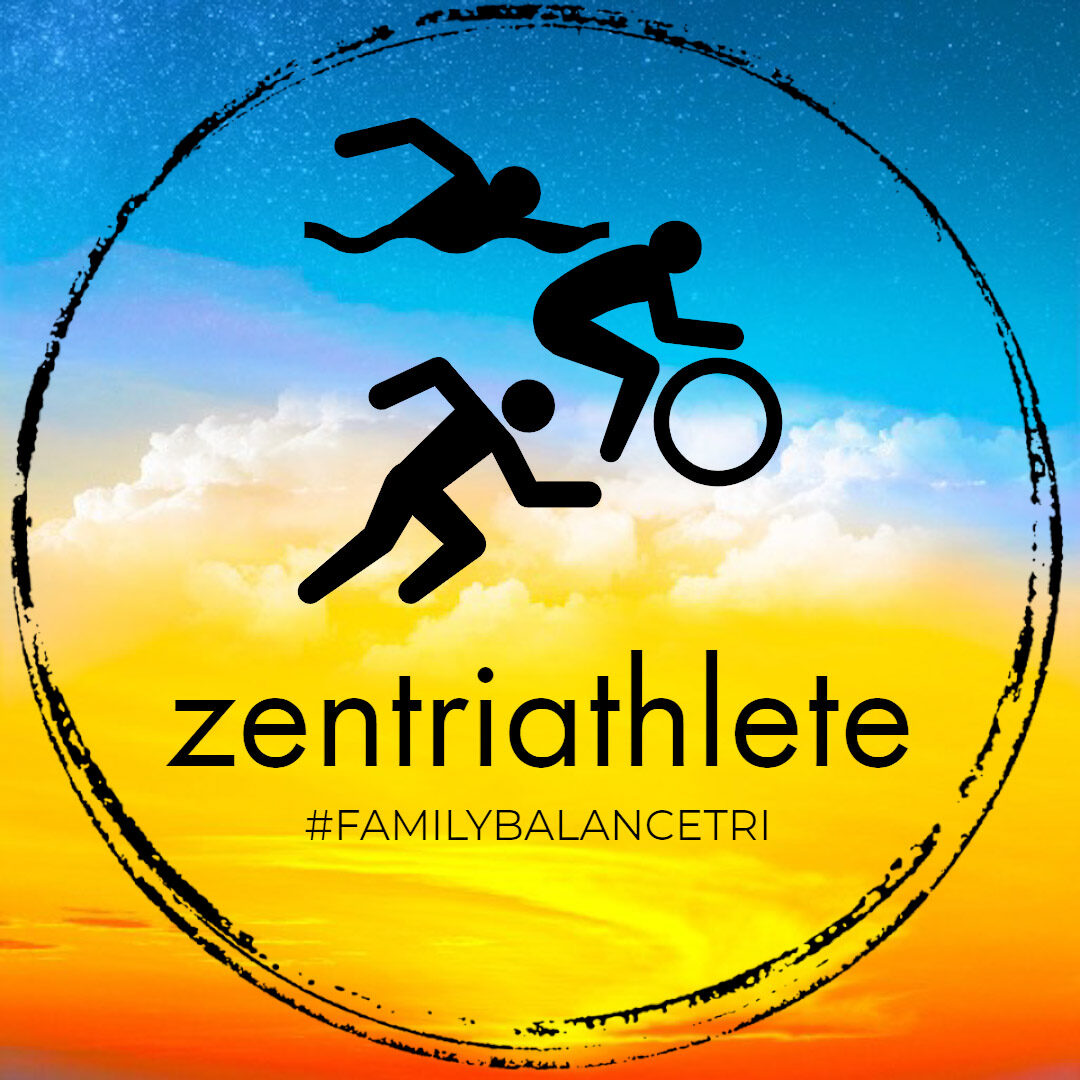
PDA – An Atypical approach is required
We’ve had a fairly good run of things with my now 6 y/o PDA-er – (contextually this was approximately 2 years ago). there was a day though, that she just kept freezing up and going into her rabbit holes. When this occurs, I tend to alert folks that having a broad and adaptable set of tools and strategies is a smart path. But some days – they all fail and that is ok for the kiddo and the caregiver. So, during this particular event, I had to annoy the school community. I put the car in park. Jumped in the back with her and began to explore options. The thing I tend to try to observe – more so than behavioral clues, is looking at her eyes and her biological responses to stimuli. The most frustrating part of dealing with neuro and biological dysregulation is most folks only focus on behavioral approaches. This DOES not often work with the PDA-er!
For this particular moment, only validation was working! So I hit pause on everything else! I did not care about the frustrations I was imposing on the other adults and families in school drop-off. I once shared about sitting in a box store for some 40 minutes working with her before – at least this time I was isolated, in a car, without other potential cues and dysregulation opportunities in a store.
For me this was a net 0! She didn’t end up at school, but she found regulation – she abandoned heading into her other rabbit holes. I was grateful we have the option available to us today. Mom, my spouse, works at a gym in the child care area – so she got to hang with her then 3 yo ASD brother and be his guide.
I share this story to demonstrate, that many previously successful strategies, approaches etc can fail! Its difficult to be in the right headspace to stop, pause, recall that neuro and biological disruptions and dysregulation may be part of the root cause. Understanding this may help to shape and guide an approach to get caregiver and PDA-er back to common ground. I find myself battling the traditional scripts. I want to insure my 6 yo and 18 yo PDA-ers get the supports and environments to help them. To navigate this frustrating and rewarding journey of life.
Just a post about some of the lessons learned I have as a father navigating this space with my kiddos.



